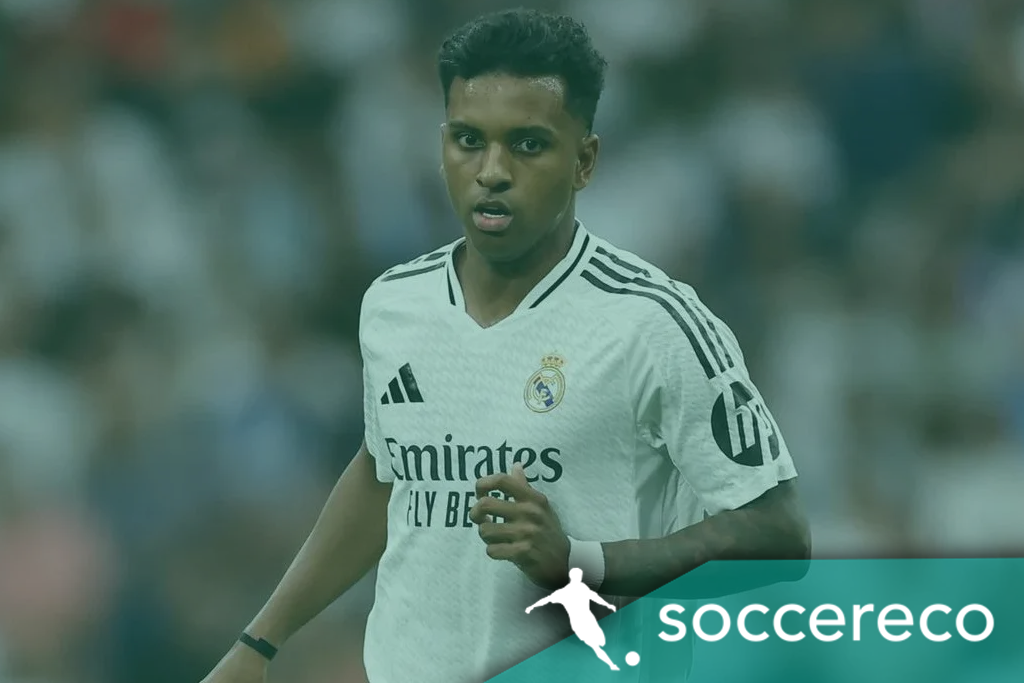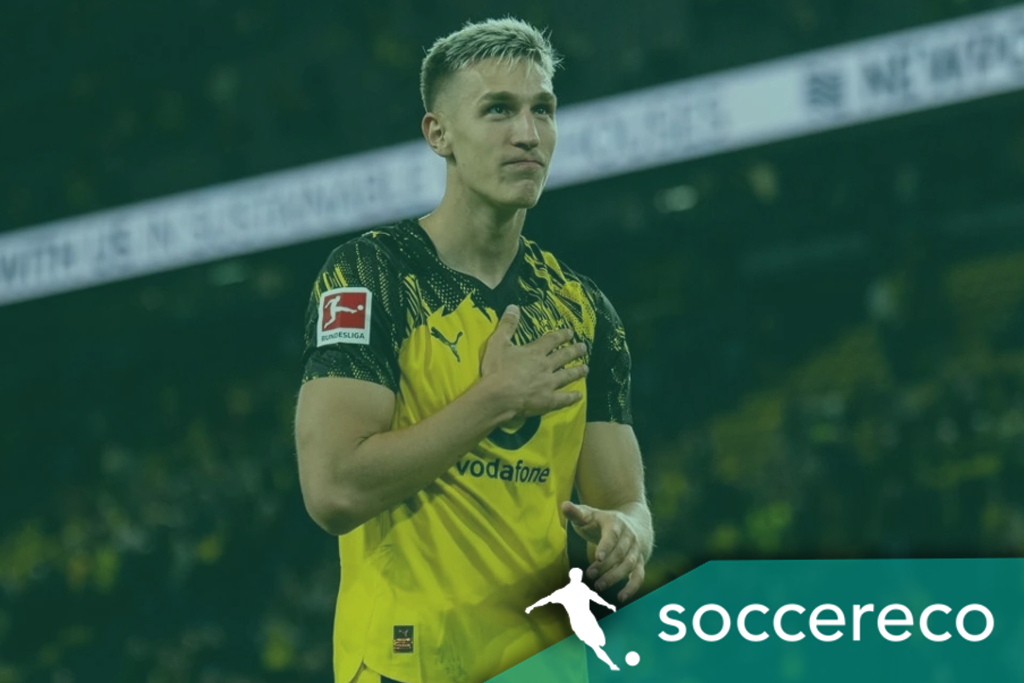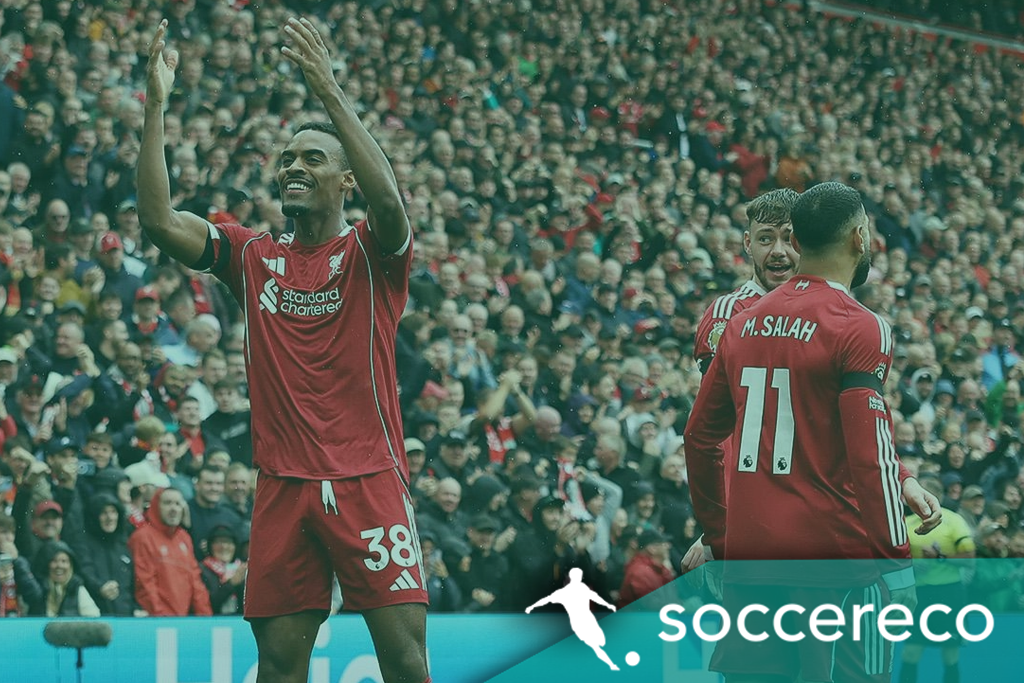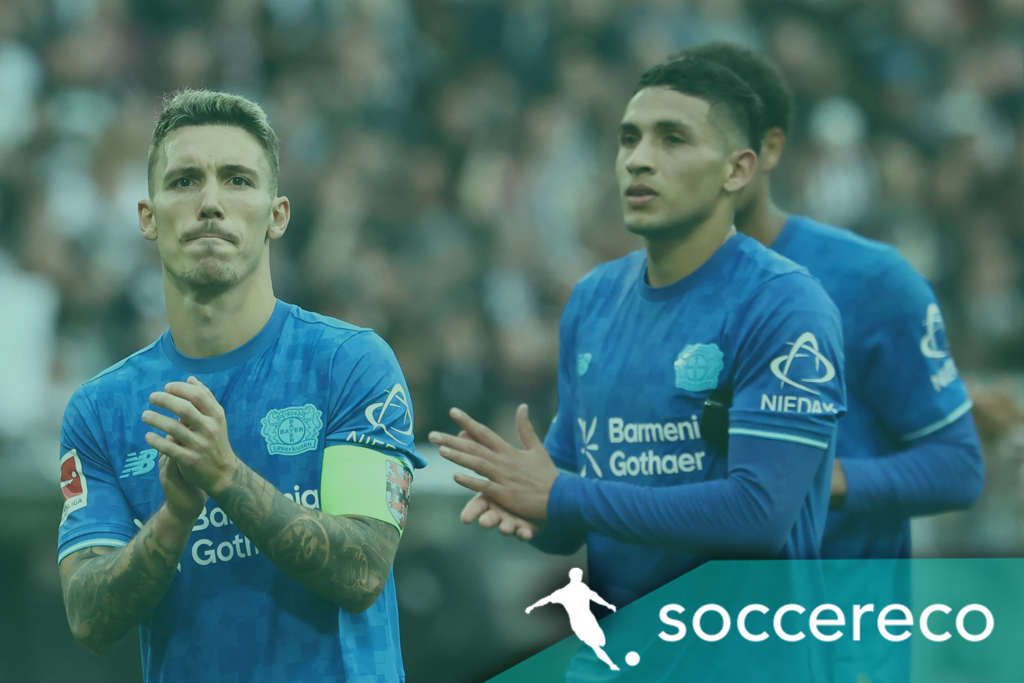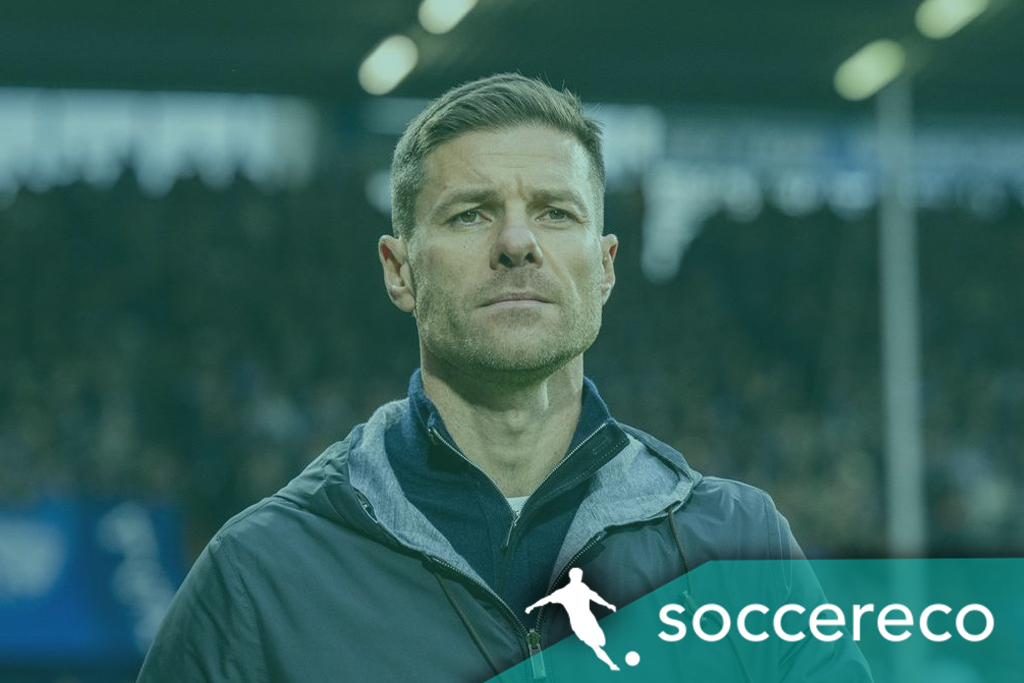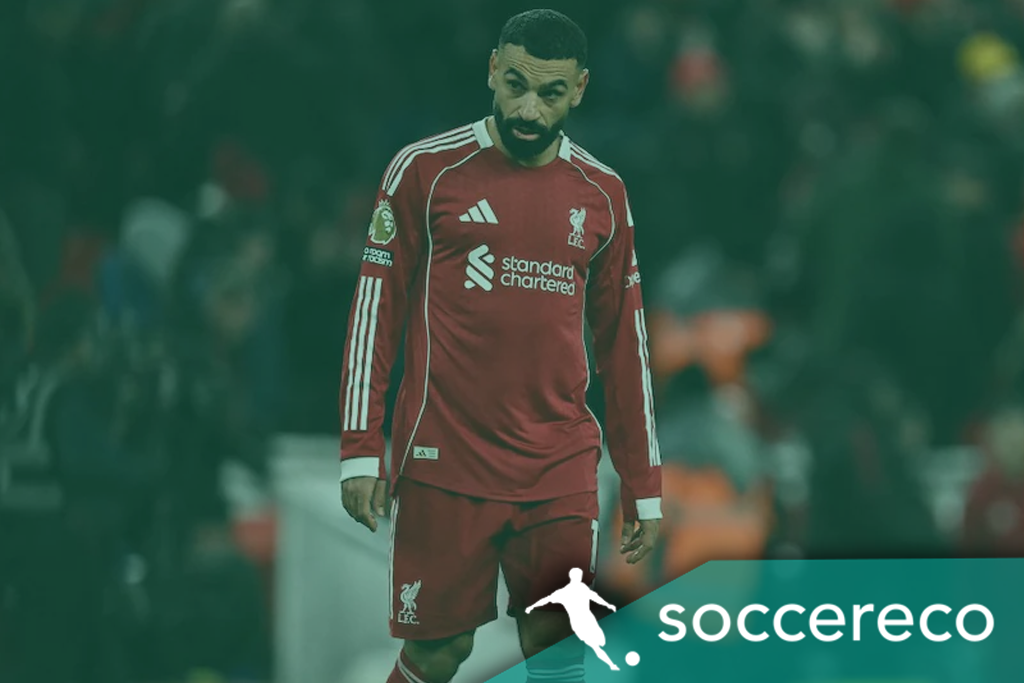Salford City has been partly owned for some time by a group of Manchester United club legends. Now, only two remain: Gary Neville and David Beckham will lead the club, together with American businessman Declan Kelly and former British minister Evan Mervyn Davies.
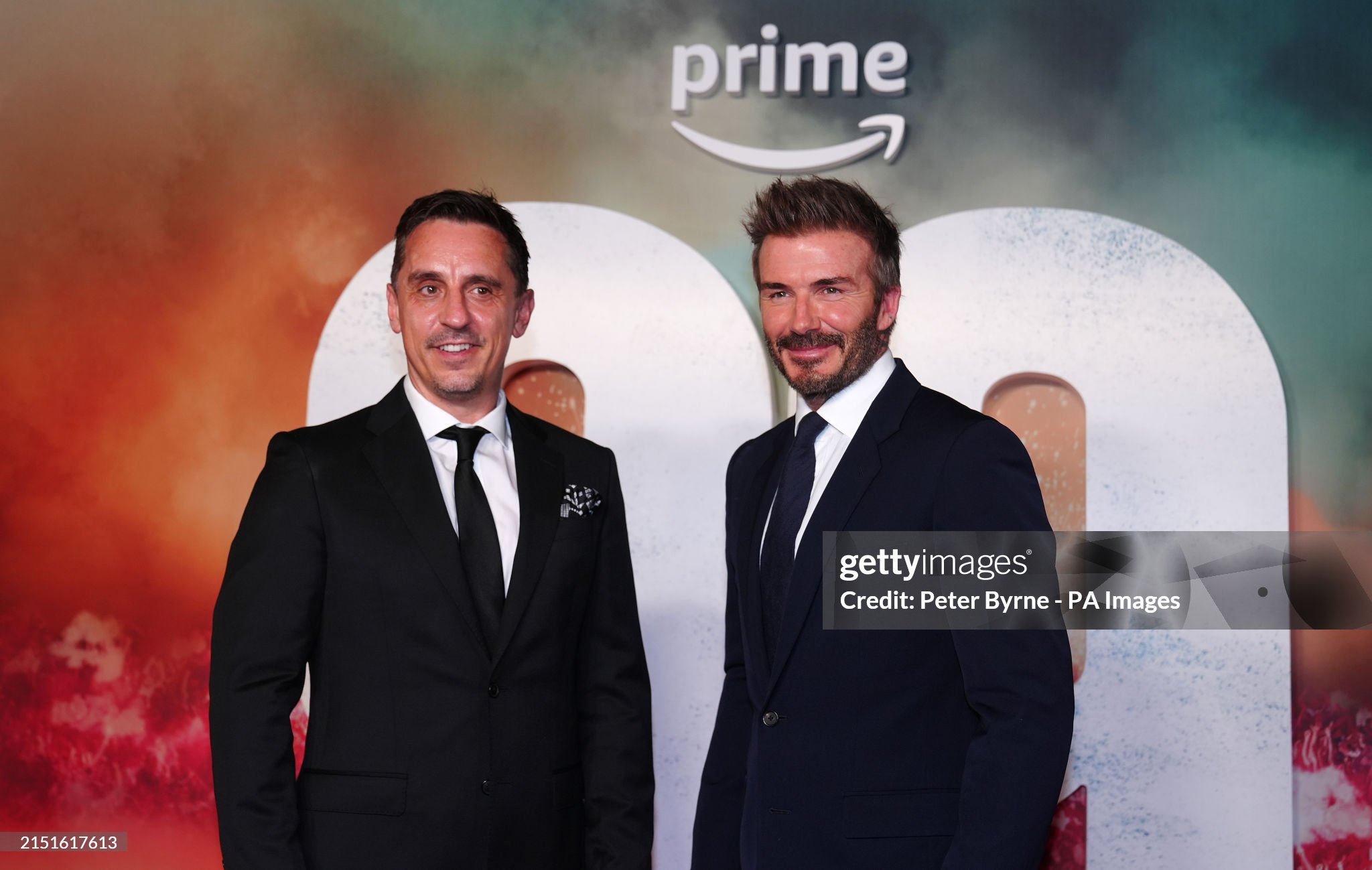
On a quiet Thursday morning, Salford City FC released a statement that, while expected in some circles, carried significant weight: the club is officially entering a new era of leadership.
After more than a decade of shared ownership and gradual development, Gary Neville and David Beckham are now at the helm, taking control of a project that began as a dream among friends and grew into one of the most fascinating experiments in modern English football.
The change in ownership was initiated back in August 2024, when Gary Neville bought out the shares held by Peter Lim, the Singaporean billionaire who had co-owned the club since 2014. Lim’s involvement, although financially important, had always stood somewhat apart from the romantic and nostalgic image of the "Class of ’92" project. With his departure, Salford City is now fully controlled by those who gave it identity and purpose: former Manchester United teammates united by deep personal bonds, shared ambitions, and a profound connection to football.
The core group Gary Neville, Phil Neville, Nicky Butt, Ryan Giggs, Paul Scholes, and David Beckham first took over Salford City more than a decade ago, in a move that surprised the football world. At the time, the club was playing in the Northern Premier League Division One North, a semi-professional competition buried deep in the English football pyramid. Its grounds were basic, its profile modest, and its aspirations realistic at best.
But this wasn’t just a vanity project or a sentimental purchase. The six former United players brought with them not only financial backing, but also elite knowledge of the game, long-term vision, and access to resources and networks most clubs at that level could never dream of. From the outset, their goal was clear: to turn Salford City into a self-sustaining, competitive, and community-rooted club capable of climbing the ranks without losing its soul.
What followed was nothing short of remarkable. In the space of just five years, Salford earned four promotions, climbing from the eighth tier all the way to the Football League. The club’s 2019 promotion to League Two marked a symbolic and practical turning point this was no longer a non-league underdog; Salford was now a professional club competing in one of Europe’s most competitive football systems.
Yet the rise was not without its challenges. Competing at a higher level meant greater scrutiny, higher wages, and tougher decisions. Management changes, growing pains, and the COVID-19 pandemic all forced the club to adapt. Still, the vision never wavered. Salford invested in its stadium now known as the Peninsula Stadium expanded its media presence with a popular documentary series, and steadily built a loyal fanbase beyond its small corner of Greater Manchester.
While the club fell just short of promotion again in the 2024–2025 season finishing eighth in League Two and missing the play-offs by a single point it remains well-positioned for another strong campaign. And now, with Beckham and Neville stepping into full leadership roles, expectations are once again rising.
Gary Neville, the outspoken and often visionary former right-back turned pundit, has long been the face of the project. He is deeply involved in the club’s operations and has championed its values publicly. In his statement, Neville said:
"I have a passion for Salford City. This is a unique partnership full of experts brought together by their love for football. Football will remain the top priority, but we also want to operate sustainably within four or five years. I can’t wait for the next step of this journey."
His words reflect not only his professional commitment but also a broader desire to build a football club that sets an example financially, socially, and ethically. Neville has spoken in the past about his belief in community engagement, player welfare, and environmental responsibility, and these ideas are likely to shape the next phase of Salford’s development.
David Beckham’s involvement carries a different kind of symbolism. One of the most globally recognised figures in football, Beckham is more than just a name. He brings marketing power, international appeal, and a personal connection to Salford that many might not fully appreciate.
"I grew up in Salford and have such fond memories of my time living there," Beckham said in his message. "The people played such an important role in the early stages of my career. Salford City is at the heart of that community, has a rich history, and I’m thrilled to be part of the next chapter."
Indeed, while many associate Beckham with glamour and global ventures including his ownership role at Inter Miami in the United States his early years in Salford shaped his career. This return, albeit in a different capacity, feels deeply personal.
Beyond the two headline names, the rest of the Class of ’92 remains connected. Though Phil Neville, Nicky Butt, Ryan Giggs, and Paul Scholes have stepped away from the ownership structure, they are expected to continue working with the club in various capacities. Whether in coaching, mentorship, scouting, or development roles, their knowledge and experience remain invaluable.
As Salford enters this new phase, several key questions arise. Can the club finally achieve promotion to League One? Will it continue to invest in its academy and become a talent incubator for young players? Can Neville and Beckham attract new partners and sponsors that elevate the club’s resources without compromising its core values?
Early signs suggest that these ambitions are not only possible but likely. Salford is now a well-established name in English football’s lower divisions, and the continued involvement of high-profile figures only strengthens its position. Plans are reportedly in place to expand community programmes, upgrade training facilities, and further develop the club’s women's and youth structures.
Perhaps the most compelling aspect of the Salford story is that it never relied on shortcuts. This is not a club bankrolled by oil money or hedge funds. Its growth has been incremental, calculated, and consistently aligned with the ethos of its founders. That gives it a rare kind of authenticity in a football world increasingly dominated by financial giants and distant ownership.
Salford City’s next match will still be in League Two. The opposition may still be clubs with smaller fanbases and limited exposure. But with two of football’s most recognisable and respected figures now fully in control, and with the continued influence of a group of players who defined a generation at Manchester United, the eyes of the football world will remain firmly fixed on this small club with big dreams.
This isn’t just a new chapter. It’s a continuation of a vision ten years in the making that still has many pages left to write.
Updated: 02:27, 8 May 2025

